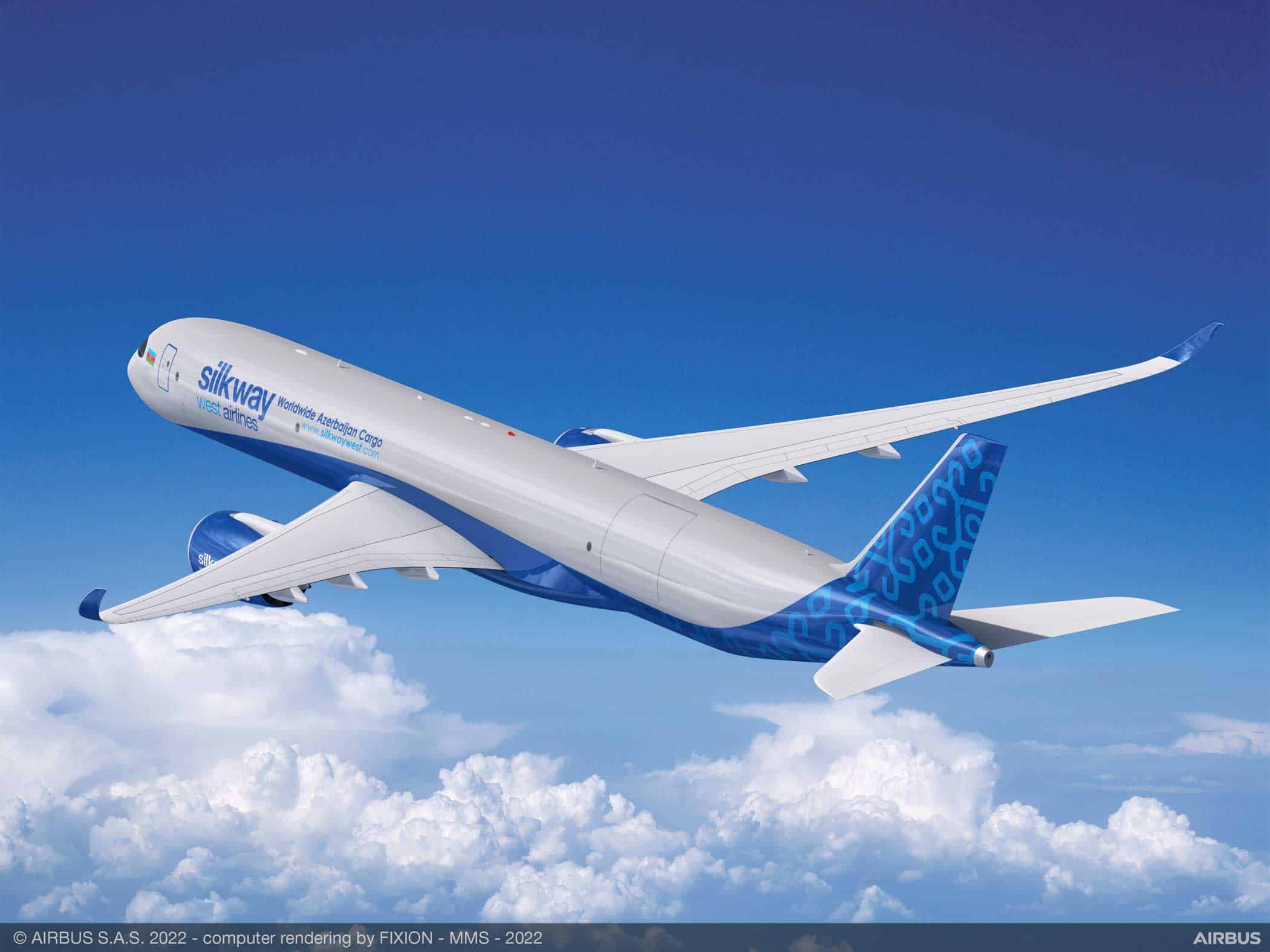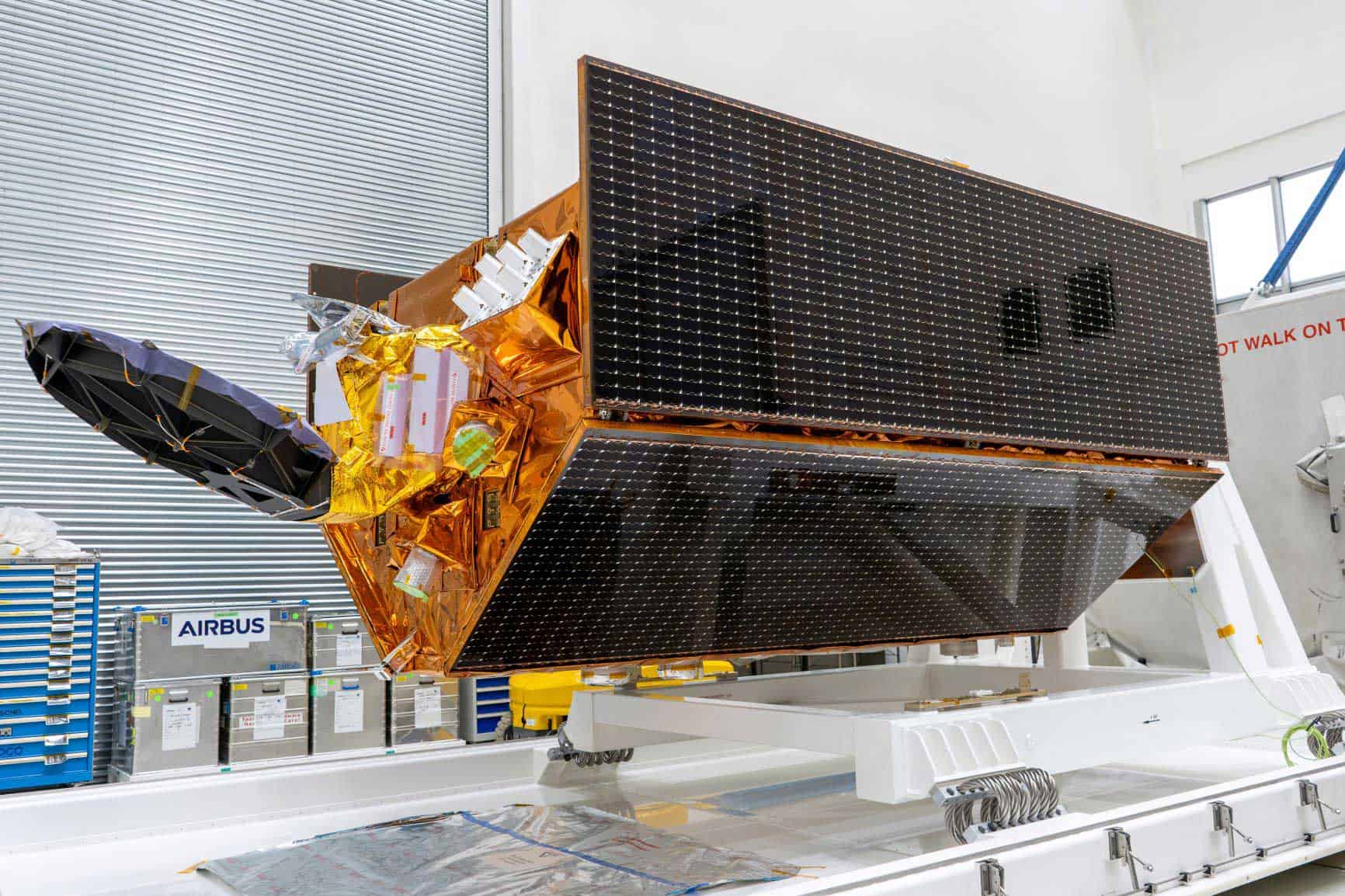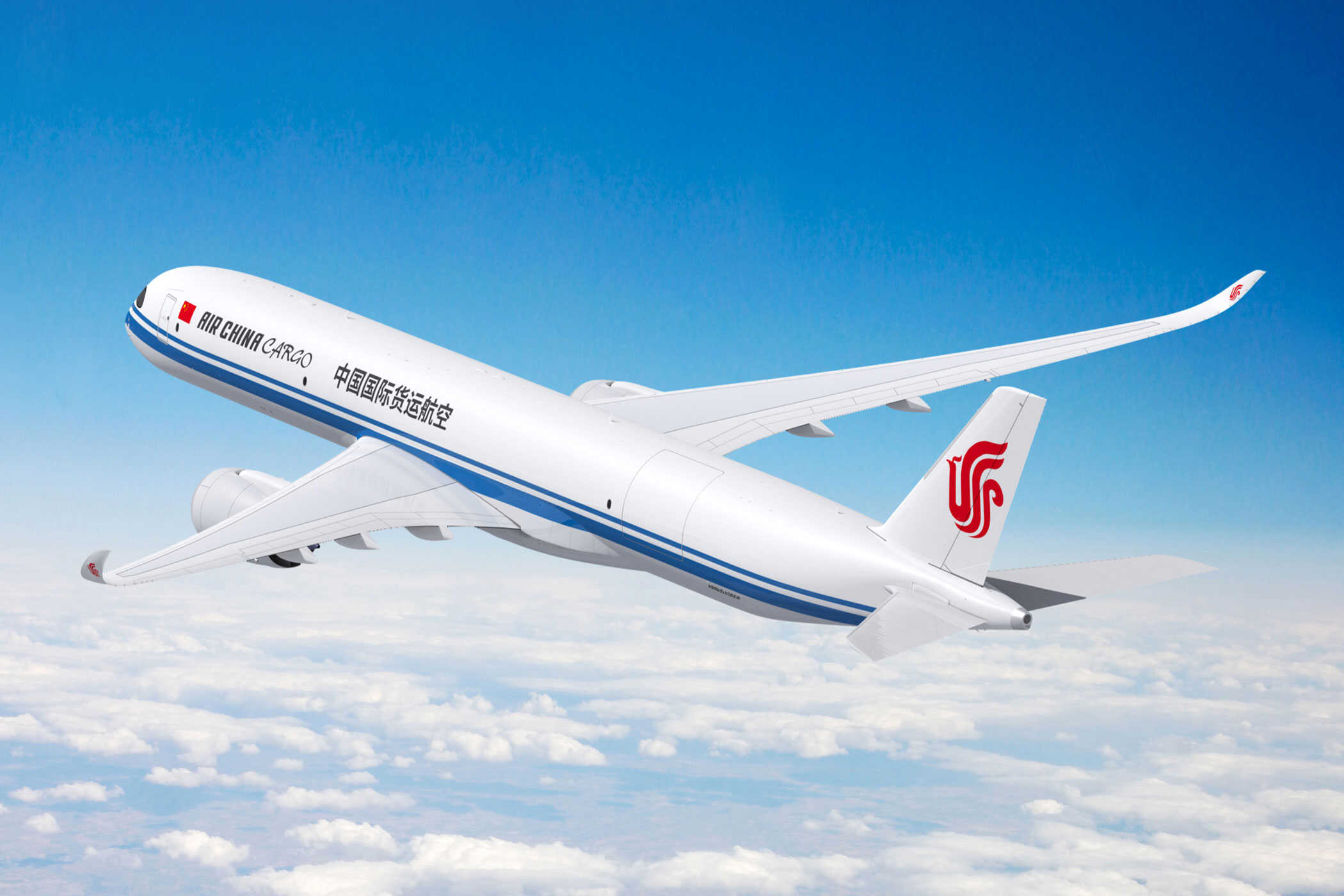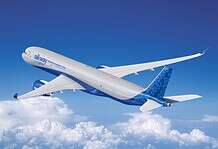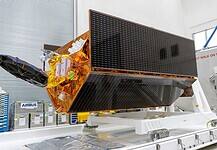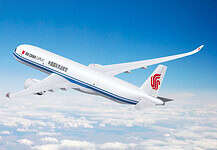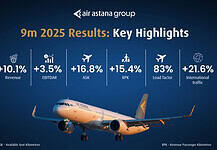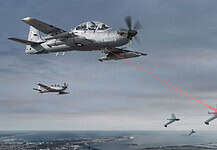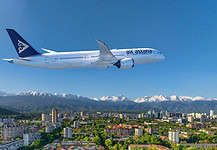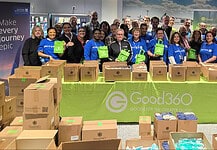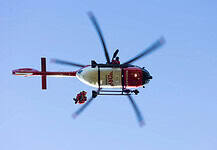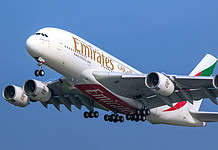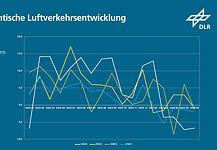This site is also available on:
Deutsch
The DRF Air Rescue is valued for its operational capability and speed – the Göttingen station in particular has made a significant contribution to emergency medical care in the region since its founding 45 years ago.
This is demonstrated not only by the large number of missions, but also by the continuous development of technology and operational strategies. Emergency medicine has undergone enormous changes over the past four decades. Technological advances have led to more efficient and effective rescue operations. DRF Luftrettung’s helicopters are always state-of-the-art, making them an indispensable part of the rescue service.
The Göttingen base’s contribution to air rescue in southern Lower Saxony is of great importance. The emergency crews, consisting of an experienced pilot, a competent emergency physician, and a specially trained paramedic, are on call around the clock to provide rapid assistance in critical situations. The time from alert to landing at the scene is often only a few minutes, which can be crucial in an emergency.
The inpatient resources of DRF Air Rescue in Göttingen enable the station to conduct a large number of missions in a wide variety of emergency scenarios. Whether it’s a traffic accident, a heart attack, or a stroke – the crew arrives quickly on the scene and provides immediate medical assistance. The ability to transport patients directly to the nearest suitable hospital can often be life-saving.
Collaboration with various partners
A special aspect of the Göttingen base is the close collaboration with various partners. Cooperation between DRF Air Rescue, the control centers, and the ground-based rescue services is essential to ensuring optimal emergency care. This synergy has proven successful over the years and provides a foundation for continued success in air rescue.
The Göttingen base boasts extensive experience gained over the past decades. Over 58,500 missions demonstrate not only the trust in air rescue, but also the growing acceptance of helicopter operations among the population. The steadily rising number of missions underscores the ongoing need for rapid emergency medical assistance, especially in rural areas where conventional ambulances often cannot reach the scene quickly enough.
The ongoing transformation in healthcare also brings with it challenges. DRF Air Rescue addresses these challenges by ensuring continuous training and continuing education for its crews. This ensures the team remains up-to-date with the latest medical research and emergency techniques. Workshops and training courses are a regular part of the training program and contribute to maintaining the high quality of air rescue.
Health initiatives and programs to reduce mortality rates in emergencies also influence DRF Air Rescue’s operations. Through its missions, the Göttingen base has contributed to sustainably improving emergency care in the region. In collaboration with local hospitals and emergency services, current challenges in emergency medicine are addressed and solutions are developed to meet the needs of the population.
DRF Air Rescue: Integration of modern technologies
Another key aspect of the station’s development is the integration of modern technologies into everyday operations. DRF Air Rescue continuously invests in innovative systems that increase the efficiency of missions. These include, among other things, modern communications systems that enable faster coordination between emergency personnel. The helicopters’ medical equipment has also improved significantly in recent years. These developments contribute to increasing the chances of survival for patients in critical situations.
In addition to the technical advancements, the success of the Göttingen station is also based on the mutual support and team spirit within the crew. Trust and teamwork are essential for being able to act quickly and precisely in an emergency. Over the years, the station has brought together numerous teams from different disciplines, fostering collaboration and enabling the exchange of knowledge and experience.
Another notable aspect of working in air rescue is the emotional strain that comes with missions. Team members are often under tremendous pressure and yet must be able to make rational and focused decisions. DRF Air Rescue therefore places great importance on the mental health of its employees and offers appropriate support and services to promote crew resilience.
45 years of contribution to emergency medical care
Over the past 45 years, DRF Air Rescue in Göttingen has played a significant role in the emergency medical care landscape. The combination of technological advances and well-trained personnel enables the station to continue to play a key role in air rescue in the future. Continuous adaptation to new challenges and the willingness to improve emergency care are key to the success of air rescue in the region. For this reason, the Göttingen station not only looks back on a successful past but also looks optimistically toward the future.

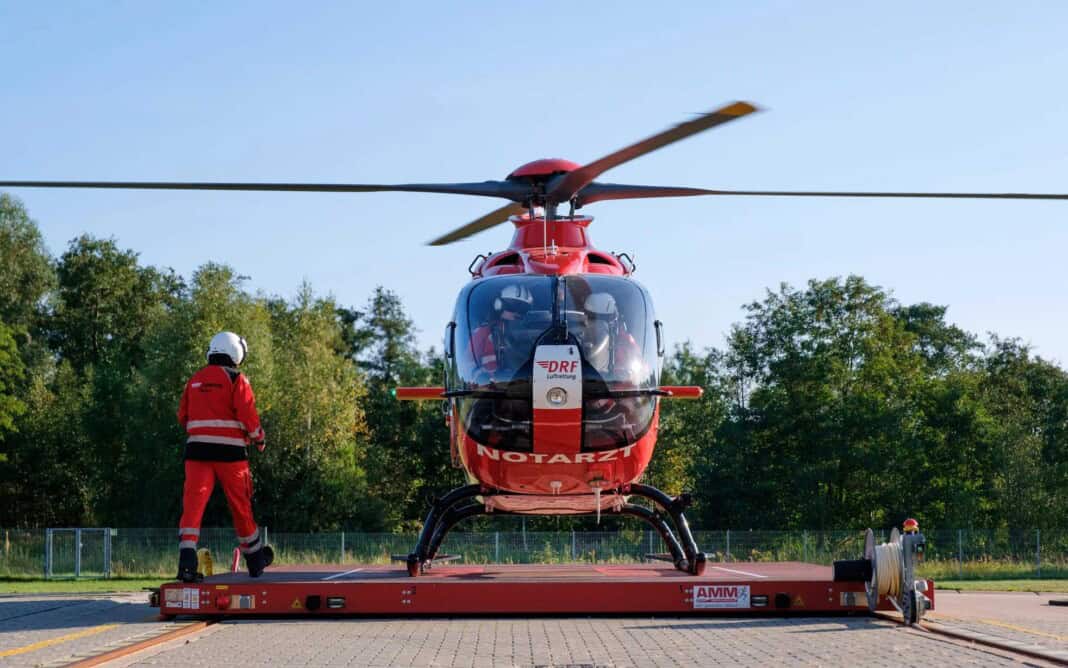
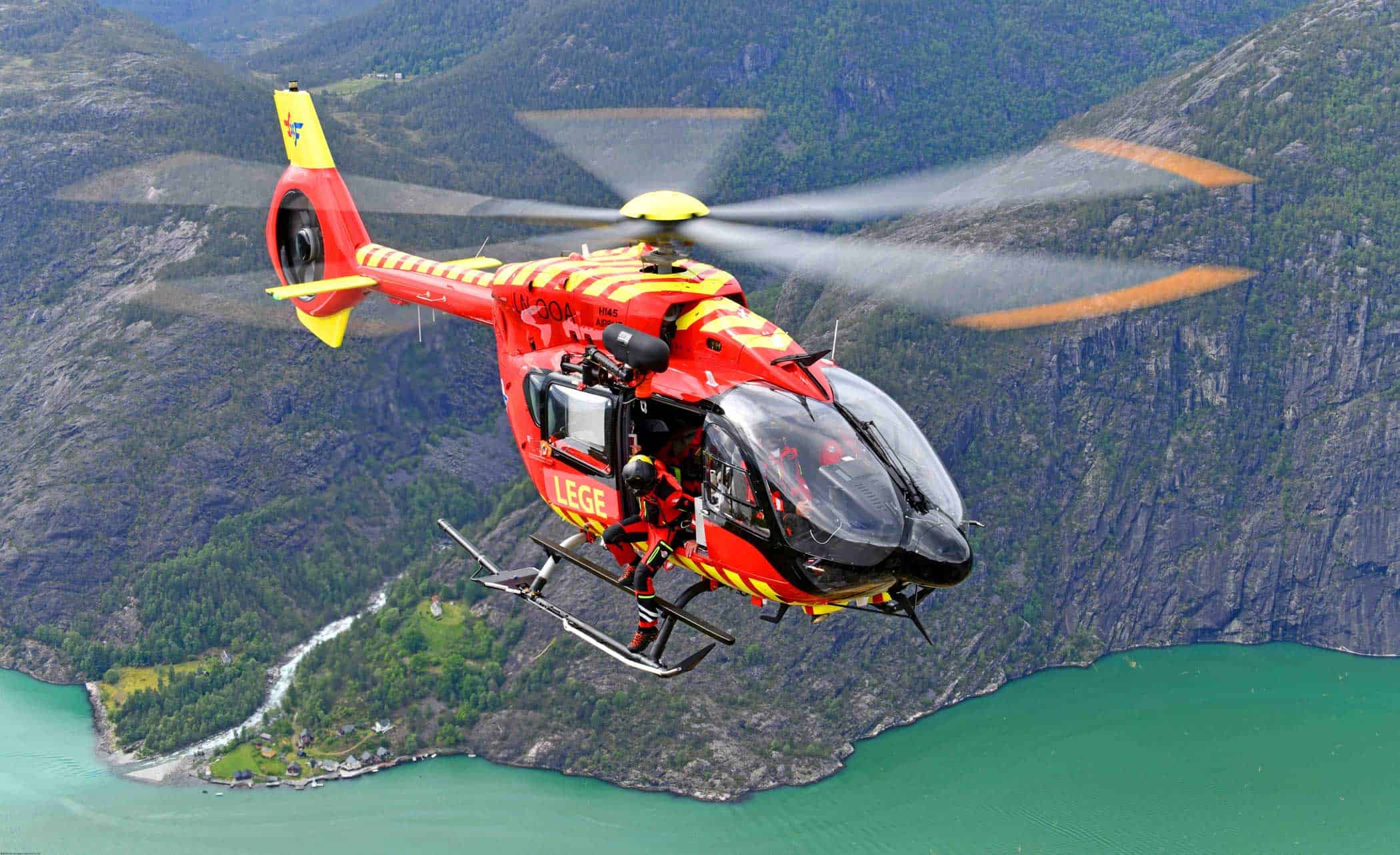 Norwegian Air Ambulance modernizes fleet with Airbus H145 (Norwegian Air Ambulance modernizes fleet with Airbus H145)
Norwegian Air Ambulance modernizes fleet with Airbus H145 (Norwegian Air Ambulance modernizes fleet with Airbus H145)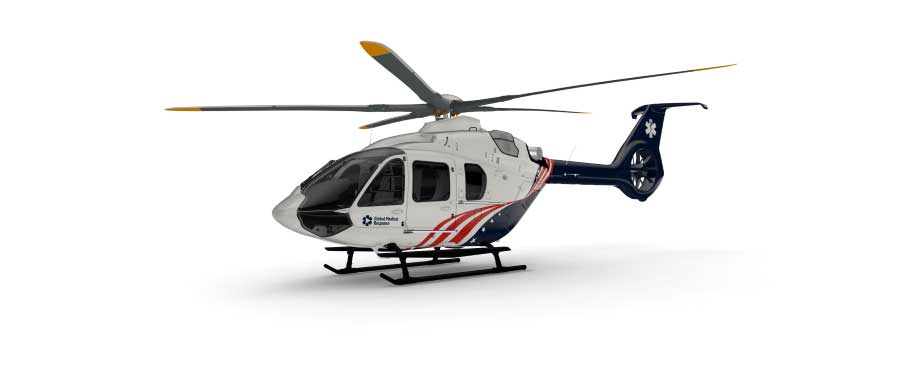 GMR and Airbus sign contract for H140 rescue helicopters (GMR and Airbus sign contract for H140 rescue helicopters)
GMR and Airbus sign contract for H140 rescue helicopters (GMR and Airbus sign contract for H140 rescue helicopters) DRF Maintenance and DRF Academy at European Rotors (DRF Maintenance and DRF Academy at European Rotors)
DRF Maintenance and DRF Academy at European Rotors (DRF Maintenance and DRF Academy at European Rotors)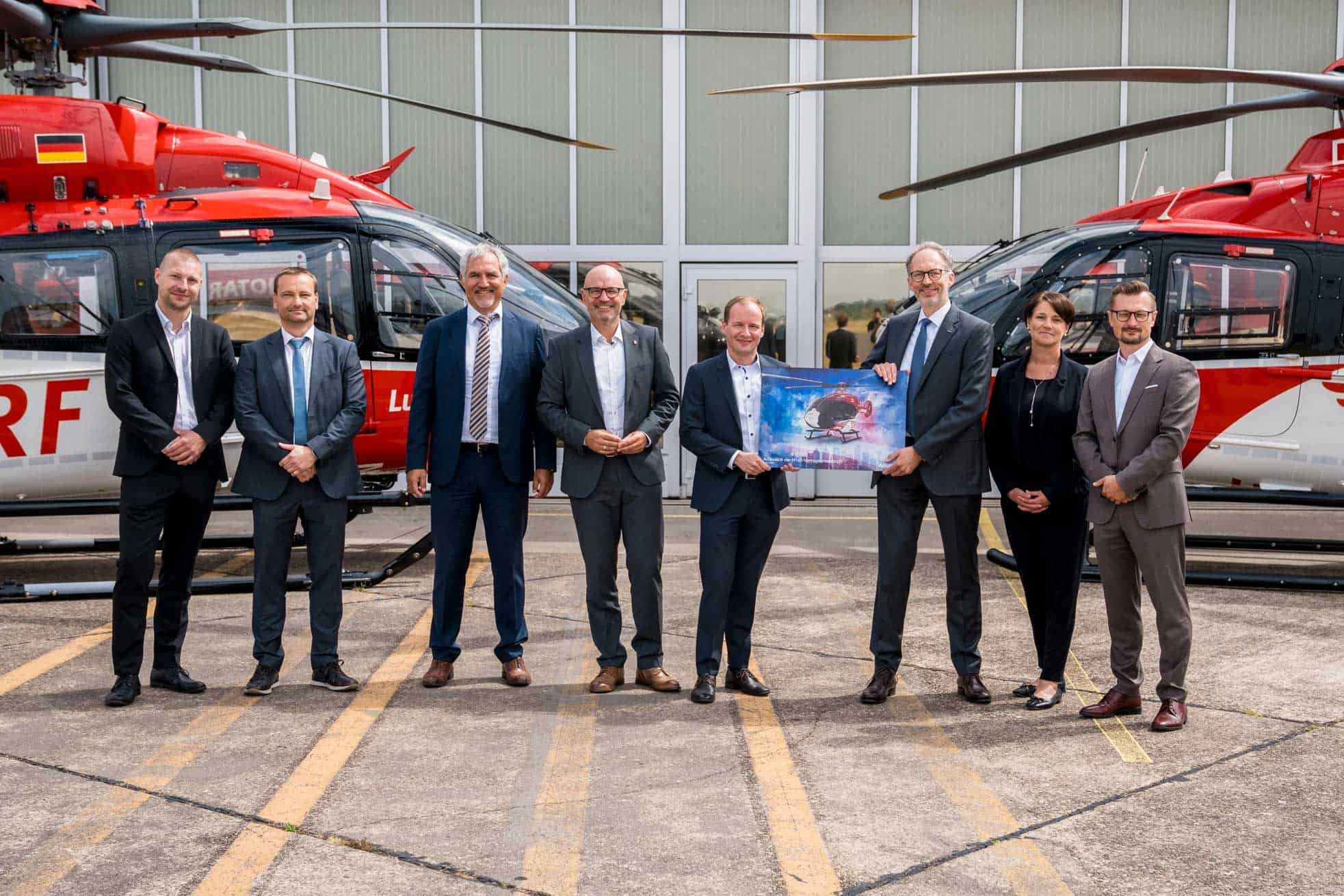 DRF Luftrettung modernizes fleet with new Airbus H140 helicopters (DRF Luftrettung modernizes fleet with new Airbus H140 helicopters)
DRF Luftrettung modernizes fleet with new Airbus H140 helicopters (DRF Luftrettung modernizes fleet with new Airbus H140 helicopters)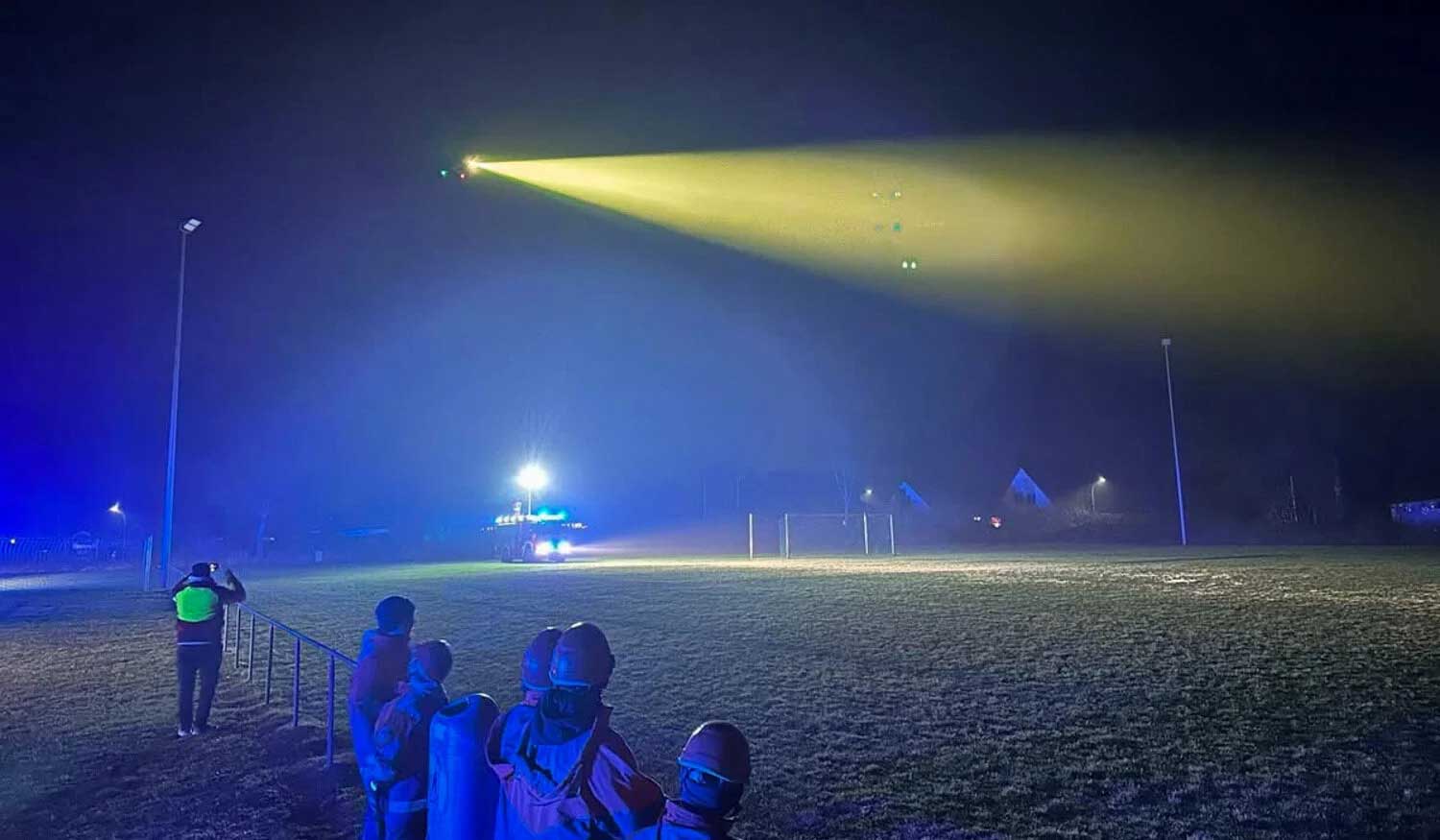 DRF Air Rescue night flight exercise in Erfde: Safety first (DRF Air Rescue night flight exercise in Erfde: Safety first)
DRF Air Rescue night flight exercise in Erfde: Safety first (DRF Air Rescue night flight exercise in Erfde: Safety first)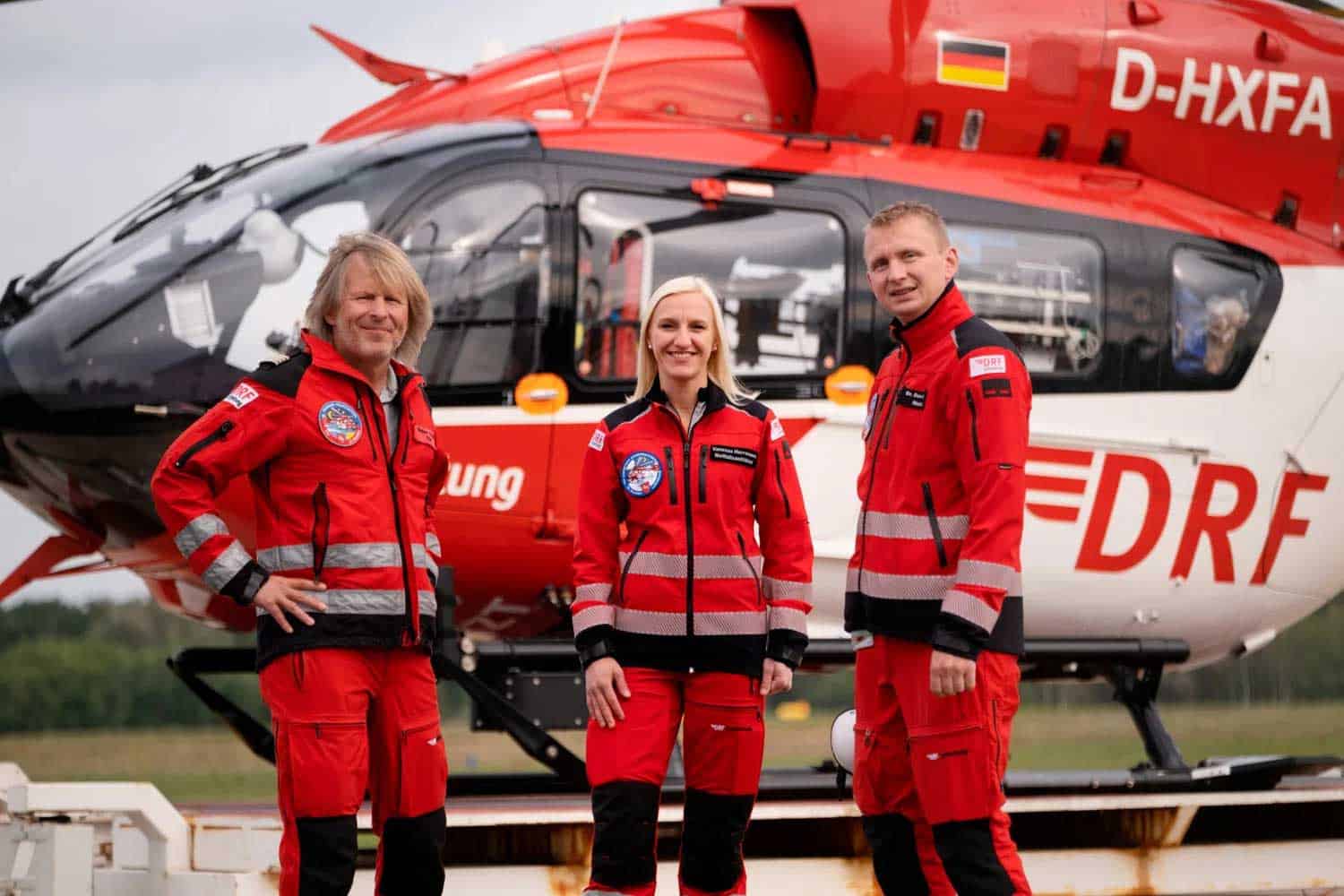 Christoph Niedersachsen: 30 years of modern air rescue in Hanover (Christoph Niedersachsen: 30 years of modern air rescue in Hanover)
Christoph Niedersachsen: 30 years of modern air rescue in Hanover (Christoph Niedersachsen: 30 years of modern air rescue in Hanover)
